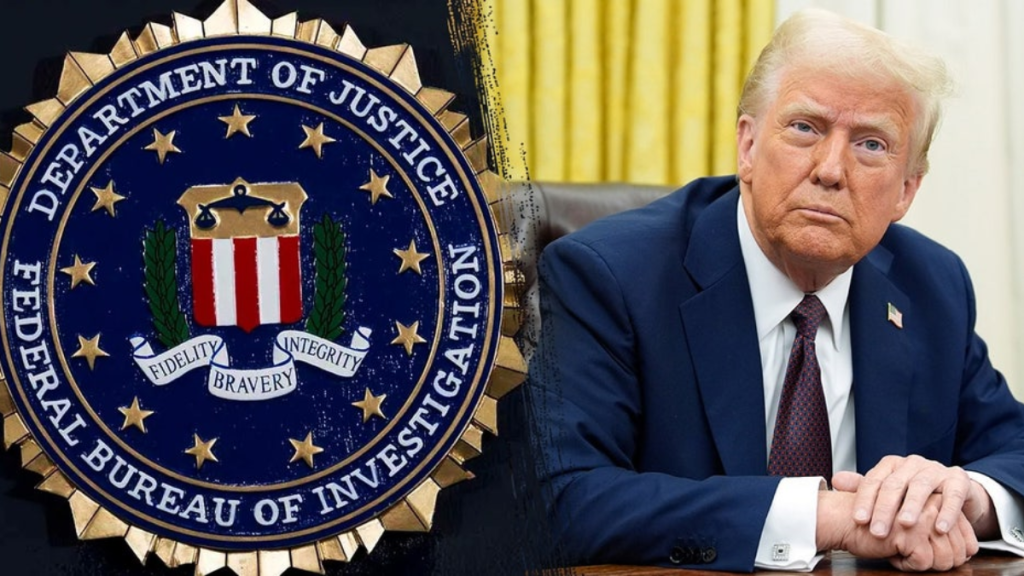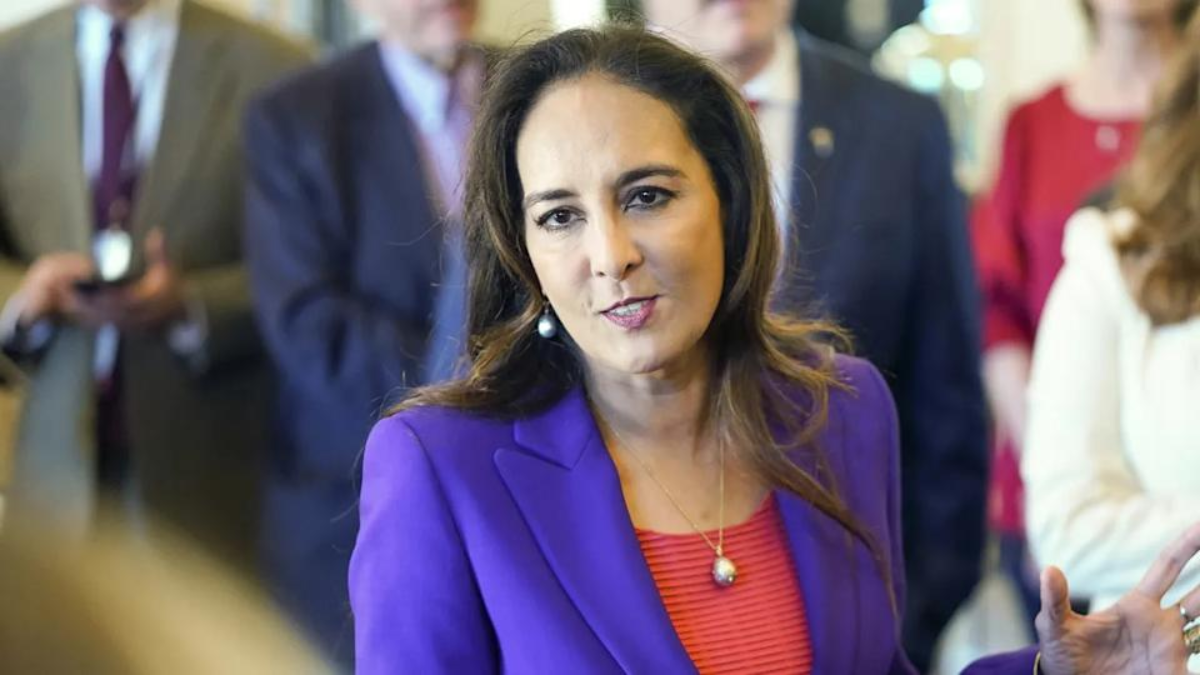Washington, D.C. — The U.S. Department of Justice (DOJ) announced this week it is dismissing civil rights lawsuits filed during the Biden administration against the Minneapolis and Louisville police departments.
These high-profile cases stemmed from investigations into police conduct following the deaths of George Floyd in Minneapolis and Breonna Taylor in Louisville—incidents that ignited nationwide protests and calls for policing reforms.
The decision marks a significant shift in federal policy under the current administration, prioritizing local control over policing and signaling a retreat from aggressive federal oversight of municipal law enforcement agencies.
Background on the Lawsuits and Federal Investigations
The DOJ’s Civil Rights Division had launched investigations into the police departments of Minneapolis and Louisville as part of broader efforts to address systemic problems in American law enforcement.
These inquiries followed public uproar and demands for accountability after incidents where police actions led to the deaths of Floyd in 2020 and Taylor in 2020.
In Minneapolis, the investigation uncovered patterns and practices indicating excessive use of force, biased policing, and insufficient officer accountability. Similarly, the Louisville Police Department was scrutinized for systemic failures related to search warrants, use of force, and oversight mechanisms.
As a result, the Biden administration sought to implement consent decrees—court-enforced agreements mandating comprehensive reforms in the affected departments.
These decrees typically include requirements such as changes to training procedures, disciplinary protocols, use-of-force policies, and enhanced civilian oversight, all intended to restore public trust and ensure constitutional policing.
Reasons Behind the DOJ’s Decision to Dismiss
Assistant Attorney General Harmeet Dhillon, leading the DOJ’s Civil Rights Division, explained that the lawsuits were being dismissed due to concerns about the scope, cost, and legal basis of the Biden-era actions.
Dhillon criticized the previous administration’s approach, asserting that it relied on flawed data and methodologies that equated statistical disparities with intentional discrimination without sufficient evidence.
She stated that the consent decrees imposed years of federal micromanagement on local police departments, entailing costly independent monitors and excessive court oversight, which could run into hundreds of millions of dollars.
According to Dhillon, such federal overreach undermines the principle of local control, preventing communities from managing their own policing reforms in ways that best fit their needs.
This policy shift reflects the current DOJ’s broader agenda to reduce federal intervention in law enforcement, emphasizing partnership with local governments rather than top-down mandates.

Reactions from Minneapolis and Louisville Officials
While the DOJ’s dismissal ends federal lawsuits, local officials in both cities have committed to continuing reform efforts independently.
Minneapolis Mayor Jacob Frey expressed disappointment with the federal decision but assured residents that the city remains dedicated to accountability. “We will continue to implement the reforms outlined in the original consent decree,” Frey stated.
The city is pursuing a state-level agreement to maintain oversight and sustain police reform initiatives despite the federal withdrawal.
In Louisville, Mayor Craig Greenberg similarly reaffirmed the city’s commitment to reform. The Louisville Metro Council has allocated $750,000 to appoint an independent monitor tasked with overseeing police practices and ensuring progress toward promised changes.
Officials emphasized that local accountability measures will persist, regardless of federal involvement.
Both cities recognize the importance of community trust and the urgent need to address longstanding issues related to use of force, transparency, and equitable policing.
National Impact and Broader Implications
The DOJ’s decision to dismiss the Biden-era lawsuits signals a considerable realignment in federal civil rights enforcement related to policing.
Under the Biden administration, the Department of Justice had pursued aggressive investigations and consent decrees as key tools for combating systemic police misconduct and promoting reform nationwide.
The Trump administration’s return to power within the DOJ has ushered in a markedly different approach that prioritizes reducing federal mandates and promoting local autonomy. Advocates of this stance argue that communities themselves are best suited to tailor reforms and that federal intervention can be costly, burdensome, and counterproductive.
However, critics warn that without federal oversight, many police departments may lack sufficient incentives or mechanisms to pursue meaningful change.
They fear that dismissing these lawsuits may leave communities vulnerable to continued patterns of misconduct, especially in places with entrenched issues of racial bias and excessive force.
The debate highlights the ongoing national struggle over how best to achieve police accountability and justice reform in a deeply divided political environment.
What This Means for Police Reform Going Forward
The dismissal of the lawsuits does not mean reform efforts have stalled entirely. On the contrary, many cities and states continue to experiment with innovative strategies to improve policing, increase transparency, and rebuild community trust.
For example, some jurisdictions are investing in improved officer training focused on de-escalation and implicit bias, expanding the use of body cameras, and strengthening civilian oversight boards with real authority.
Others are exploring alternatives to traditional policing, such as deploying social workers or mental health professionals to respond to nonviolent emergencies.
At the federal level, the DOJ’s change in course may signal less reliance on consent decrees as a tool and a preference for providing technical assistance and guidance to local law enforcement agencies instead.
For the communities of Minneapolis and Louisville, the road ahead will likely depend on sustained local political will and community engagement to ensure that the reforms promised after George Floyd’s and Breonna Taylor’s deaths are realized.
Conclusion
The Justice Department’s move to dismiss Biden-era civil rights lawsuits against Minneapolis and Louisville police departments marks a notable policy reversal, emphasizing local control over policing reform.
While federal oversight will cease, local leaders remain committed to continuing reform efforts, recognizing the importance of accountability and public trust.
As the national conversation around police reform evolves, this development underscores the complexities involved in balancing federal intervention with local autonomy, and the ongoing challenges in achieving equitable, just law enforcement practices.
For further information and official updates, visit the U.S. Department of Justice website.
Disclaimer – Our team has carefully fact-checked this article to make sure it’s accurate and free from any misinformation. We’re dedicated to keeping our content honest and reliable for our readers.
